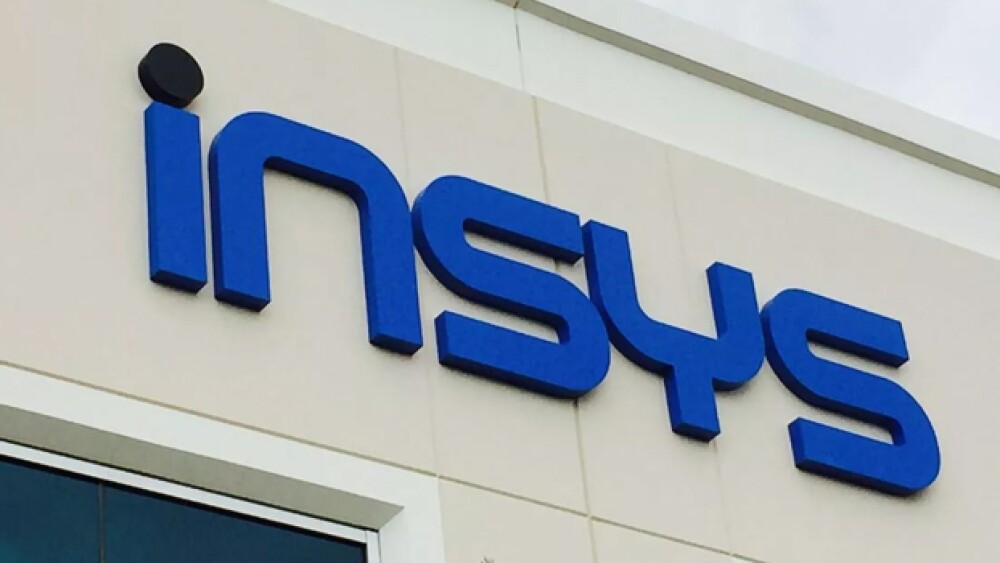The bankruptcy announcement comes weeks after Insys founder John Kapoor and four former executives were found guilty of orchestrating a kickback scheme to boost sales of its powerful opioid Subsys.
Days after agreeing to pay nearly $225 million in additional fines to the U.S. government for its fraudulent marketing schemes to boost sales of Subsys, Arizona-based Insys Therapeutics has filed for bankruptcy.
This morning the beleaguered company said it entered into bankruptcy protection in order to facilitate the sale of all of the company’s assets following its extensive legal problems stemming from past practices over the fraudulent practices the company used to increase the sales of its powerful opioid Subsys. Insys said it will continue to operate its business in the ordinary course of things while it pursues a court-supervised sale. Investors were not happy with the announcement. Shares of Insys plunged in premarket trading by nearly 69% to 90 cents per share. The stock had closed at $1.31 on Friday, a jump of nearly 14%.
The company predicted it might run out of cash several months ago. In March, Insys announced in a filing with the U.S. Securities and Exchange Commission that it did not have the assets to cover its legal obligations and would likely have to resort to the sale of its assets to cover those debts. Only weeks ago, Insys noted in its quarterly report that it had available cash of $87.6 million, which was well below what the company owed from the Subsys litigation, the $225 million it agreed to pay last week, as well as a $150 million agreement with the U.S. Department of Justice the company struck last fall. That announcement came after company founder John Kapoor and four co-defendants were found guilty of orchestrating kickback schemes to encourage doctors to boost prescriptions of Subsys.
Insys has sought to divest Subsys and other opioid-related products in its pipeline as the company hoped to reinvent itself to become a leader in pharmaceutical cannabinoids. Since 2016, the company had invested more than $200 million to effect that change.
As the company goes through the bankruptcy process, Insys said it will use existing cash on hand, as well as cash generated from operations, to continue its regular business practices, including the payment of all employee wages and benefits without interruption, as well as continuing programs offered to customers. The company said it also intends to pay its vendors and suppliers in full under normal terms while the bankruptcy proceedings are ongoing.
“After conducting a thorough review of available strategic alternatives, we determined that a court-supervised sale process is the best course of action to maximize the value of our assets and address our legacy legal challenges in a fair and transparent manner,” Insys Chief Executive Officer Andrew G. Long said in a statement.
Long added that the company has an assortment of compelling assets, as well as a “highly talented team.” He said the Chapter 11 process will provide the company the forum to “negotiate an equitable resolution” with its creditors and represents the best opportunity for the company.
Over the past year, Insys had sought several cost-cutting measures due to declining revenues. In July 2018, the company slashed 45 positions, 30 of which were part of the sales and marketing team. Insys cut another 48 employees in November 2018. The cuts in November were also primarily to the sales and marketing team, with 36 positions eliminated there.





